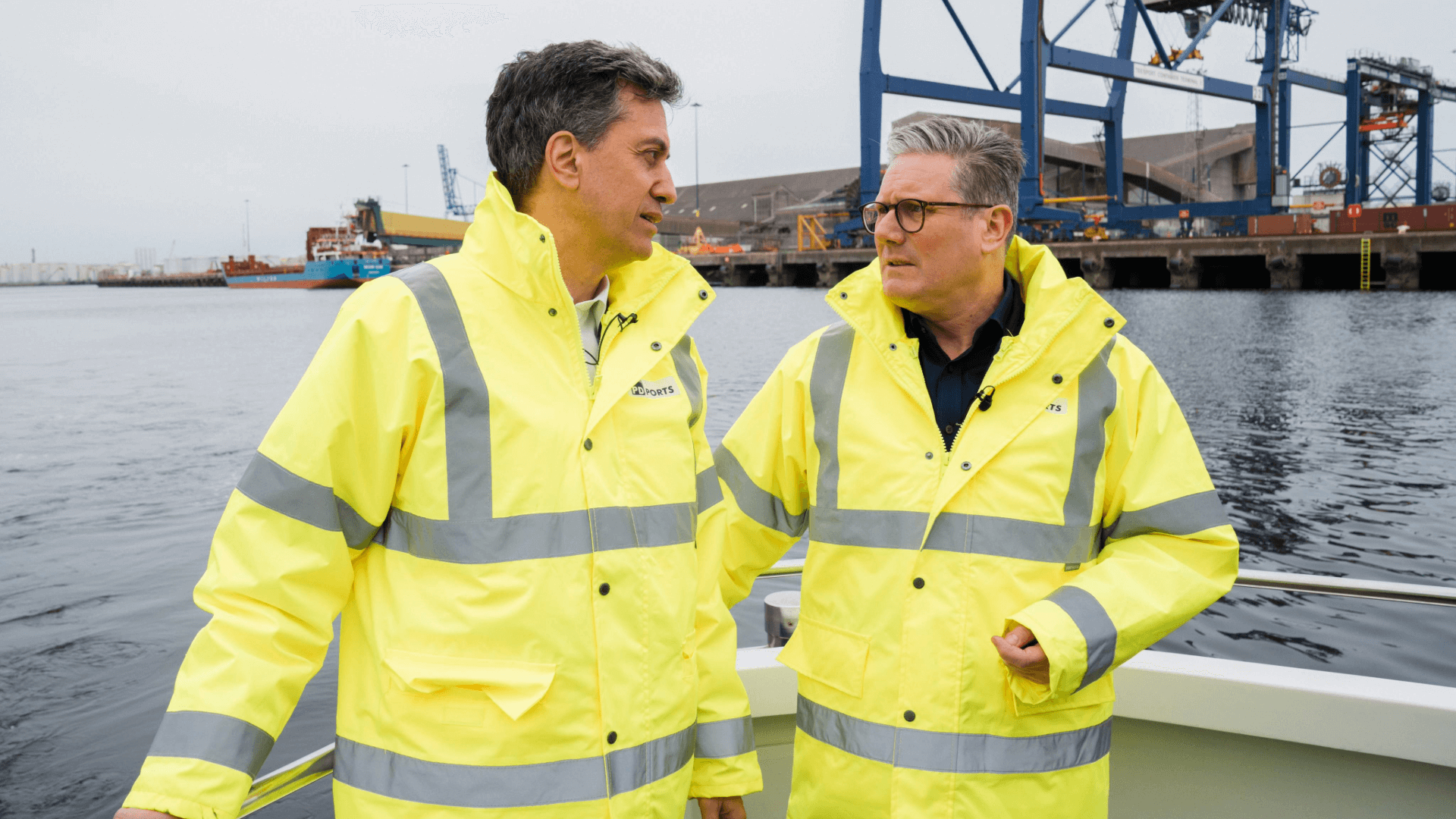Point of View - Labour's New Era: What it Means for Food, Drink, and Trade
Posted by Stelios on 5th Jul 2024 Reading Time:
Well, it's happened. After 14 years of Conservative governance, the UK has a new left-wing government. The Labour victory, confirmed by the BBC in the early hours of July 5th, signifies a seismic political shift. But what does this mean for our beloved food and beverage industry, and how will it reshape international trade? Here's my take.

Kicking Off Economic Growth
Labour's campaign mantra was all about 'kickstarting economic growth.' This is music to the ears of many industries, especially ours, which has faced its fair share of turbulence over the past decade. Now that Labour is at the helm, they need to make good on these promises. So, what are they planning?
The HFSS Food Crackdown
One of Labour's headline promises is a crackdown on foods high in fat, sugar, and salt (HFSS). Our new Prime Minister, Keir Starmer, is set on banning junk food and sugary snack adverts aimed at kids. He's drawn a line in the sand, vowing to push through a 9 pm watershed for these ads and tighten online regulations. He believes it's vital for the health of our children and the future sustainability of the NHS. While there won't be a new tax on HFSS foods, this advertising ban could still shake things up significantly.
No New Taxes on HFSS Foods
Interestingly, Starmer is steering clear of new taxes on HFSS foods despite all this. He's taken a stance against adding extra financial burdens on families already feeling the pinch from the cost-of-living crisis. Instead, he's focusing on advertising, reasoning that raising food prices would be intolerable for many struggling households.
Energy Drinks Under Fire
Labour also plans to ban the sale of high-caffeine energy drinks to under-16s. With evidence piling up about the negative impacts of these drinks on kids' health, this move aims to protect the younger generation. Think about it – some of these drinks pack the caffeine punch of three or four espressos!

Supporting British Farmers
The new government has been vocal about its commitment to British farming. Labour aims to secure food security by ensuring at least 50% of food consumed in the UK is produced domestically. They've promised to tackle labour shortages in farming and push for sustainable practices. This should help British farmers thrive, but it's a tall order requiring careful implementation.
Taxation and Business Support
Labour's approach to business taxation is pragmatic. They're capping corporation tax at 25%, the lowest in the G7, and vow to adjust tax levels if other countries try to undercut us. They also promise to boost British industry through investment and support small businesses by removing barriers to exporting. This sounds promising, but the devil will always be in the details.
International Trade: No Return to the EU
On the international stage, Labour is clear – no returning to the single market or customs union. However, they're committed to improving trade relations with the EU by eliminating unnecessary trade barriers and seeking a veterinary agreement to smooth border checks and reduce food costs. They're also reviewing trade deals with countries like Australia and New Zealand to ensure they benefit the UK.
Labour has undoubtedly laid out an ambitious vision for the UK. They've made big promises to revitalise our economy, support our farmers, and protect our health. Now, the hard work begins.

